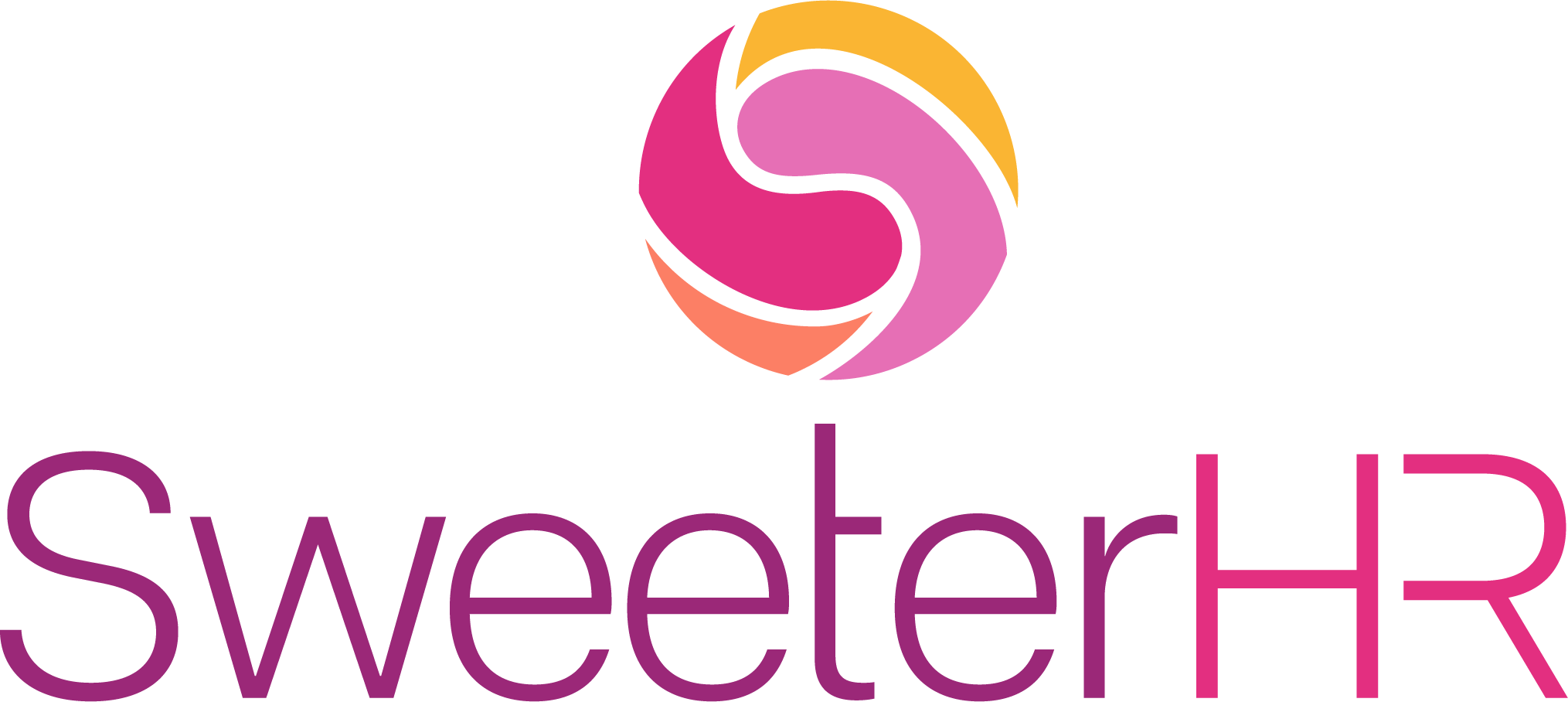On April 16, 2021, California Gov. Gavin Newsom signed into law Senate Bill 93, which requires certain employers to rehire eligible employees who were previously laid off due to the COVID-19 pandemic. To be eligible for recall, laid-off employees had to have been employed by the covered employer for six or more months in the 12 months preceding Jan. 1, 2020. This bill is currently effective until December 31, 2024.
The law applies to hotel businesses, private clubs, event centers, airport hospitality operations, airport service providers, and building service providers (defined as businesses that provide janitorial, building maintenance, or security services to office, retail, or other commercial buildings). Covered employers must follow SB 93’s recall procedures, timeline and preference system, which gives priority to employees based on date of hire.
Covered employees are considered “laid-off employees” who worked for a covered company for at least 6 months in the 12 months preceding January 1, 2020. Additionally, an employee must have worked two hours or more per week for a covered employer; AND were terminated for any reason related to the COVID-19 pandemic (including a public health directive, government shutdown order, lack of business, a reduction in force, or any other economic, nondisciplinary reason due to the COVID-19 pandemic).
As such, employers must make an offer to qualified employees if the laid-off employee is qualified for a position and laid-off employees must be offered the position in order of seniority. With that, simultaneous, conditional offers of employment may be made to more than one laid-off employee, with the final determination of which laid-off employee gets the position determined by seniority.
The length of time the offer must be open is 5 business days, though if a covered employer chooses not to recall laid off employees for a position based on the grounds that they lack the qualifications, the employer must provide written notice explaining the reasons for the decision within 30 days.
An employee may file a complaint with the DLSE, which has exclusive jurisdiction to enforce the law. The DLSE may award the complainant the following:
- Hiring and reinstatement rights
- Front or back pay
- Value of the benefits the complainant “would have received under the employer’s benefit plan”
In addition, the DLSE may impose civil penalties of $100 for each individual whose rights the employer violated. The statute also provides the DLSE with the discretion to impose liquidated damages of $500 per day for each individual whose rights the employer violated “until such time as the violation is cured.”
Record keeping requires an employer to keep records for 3 years, including records of communication regarding the offer letter to laid off employees.
In addition to the statewide right of recall, local right-of-recall ordinances persist in Los Angeles, San Francisco, San Diego, Long Beach, Oakland, Santa Clara, and Pasadena; each of which has its own coverage and requirements.

